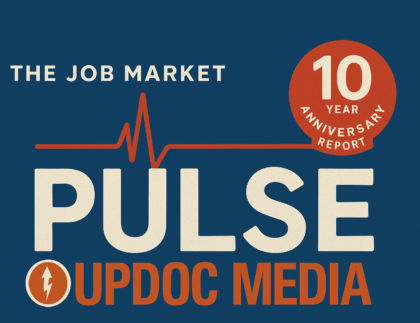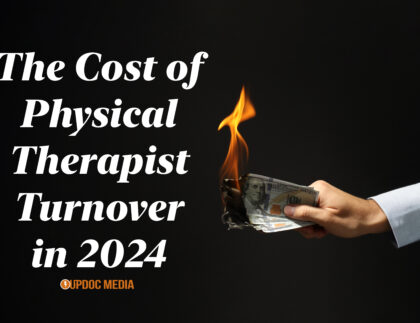
Author: Ben Fung, COO
In 2012, I began the journey in pursuit of an MBA that was designed to be an internationally driven, executive style business program. The curriculum was modular in nature, and, was intentionally structured in a way that fostered both team communication across multiple timezones (and, countries), as well as creating business solutions across a wide variety of industries. Since beginning the program, I’ve shared my thoughts in two fairly well read blog articles:
Now that my MBA has been long completed, and, that there have been multiple threads on social media as well as private messages & emails — I thought to reflect on my MBA experience, what it has done for my career path, and what it may contribute to yours should it be a good fit for your goals.
UpDoc Perspective: Getting An MBA As A Clinician
Show Notes:
- An MBA isn’t just a bigger, better undergraduate business/management degree.
- The MBA is tremendously focused, grueling program — designed to create a cognitive framework that analyzes human behavior through a business lens to create solutions for departments, companies, organizations, and industries.
- I chose to go on the MBA path because my mentor encouraged me to look at options outside of clinical leadership to help make the bigger impact in healthcare I was looking for.
- While often varying from program to program, it’s common for each MBA concentration track to be very much specialized. Many times, an Accounting MBA will have only taken a couple of marketing courses and visa versa. Some MBAs are specifically curated for healthcare administration, technology, data science, etc.
- Most MBA curriculums are have a learning design geared towards hypothetical case consulting. The coursework is oriented with a heavy emphasis on teamwork, as if you were part of a consulting firm, marketing agency, or internal department at an executive decision making position.
- There exists three primary course content typologies:
- Foundational (never changes)
- Traditional/customary (established practice)
- Disruptive/innovative (future practice)
- An MBA will not likely help you skip rungs on the corporate ladder; but, will help you climb them faster. If you are looking to move into different department within an organization, you will likely need to start at a quasi-entry level state as you’ll be seen by the company as “new to business” although a “veteran in clinical care.”
- MBAs are becoming more commonly sought after by more corporate organizations for leadership grooming; many will retain you in a mid-clinician or advanced-clinician position until an opportunity opens up.
Some Closing Thoughts
Personally, I found that the MBA helped me get promoted faster, created a higher earning potential, prepared me for savvy conversation with executives, and is applied daily in my work.
I also learned through the MBA the importance of experience quality vs. quantity, on performance vs. minimal HR requirements, and on challenging employers and practice managers to empower their teams to craft the solutions for the future that we are quickly being overwhelmed by in healthcare.
While this may take us on a complete tangent and is likely a lead-in to another vlog… what the MBA really opened my eyes and mind to is all the economic solutions ALREADY AVAILABLE as seen in other industries outside of healthcare — if we were only to reach out to learn, be real enough to retire inefficient customary practices (both clinical and corporate), and think upon the quandary that is healthcare in 2019 as a socioeconomic problem set needing raw and honest solutions.









